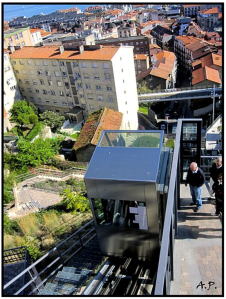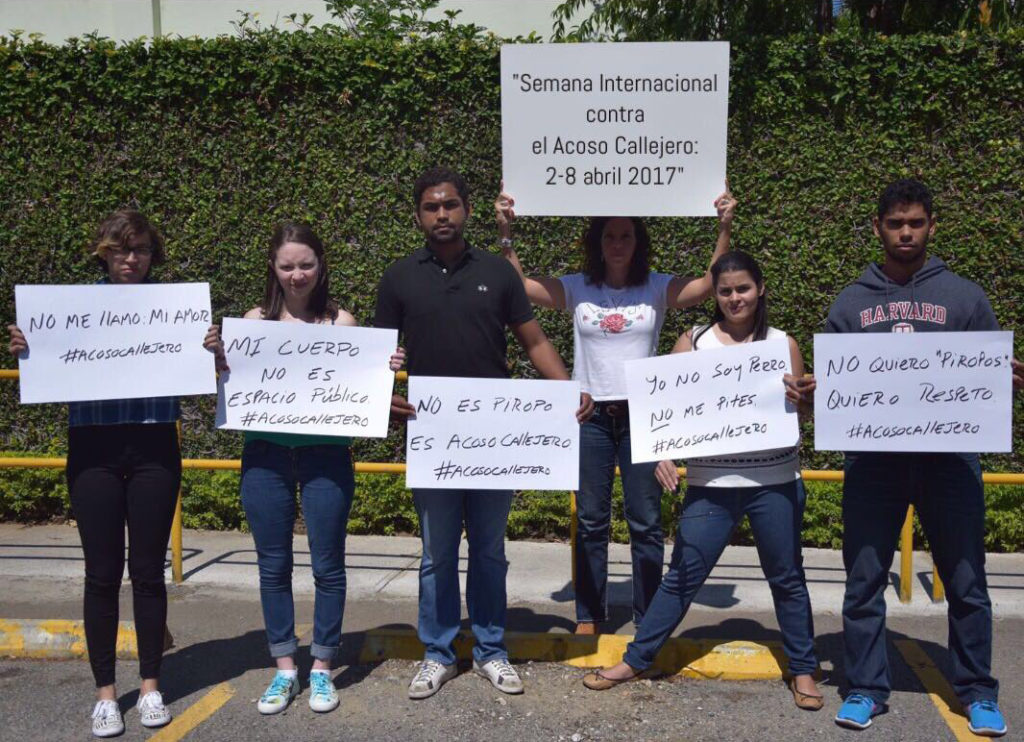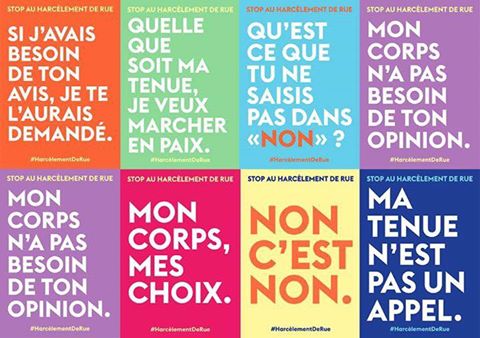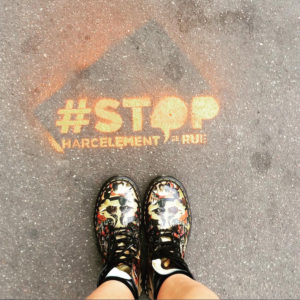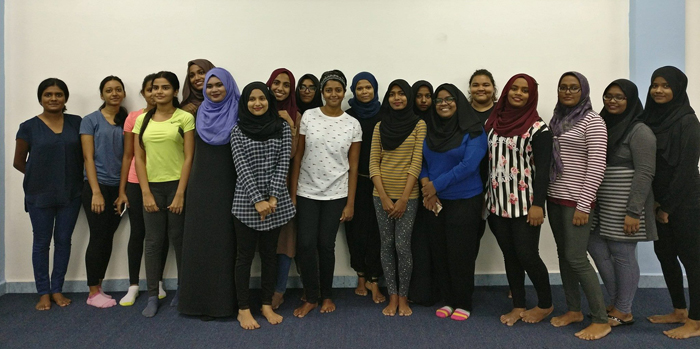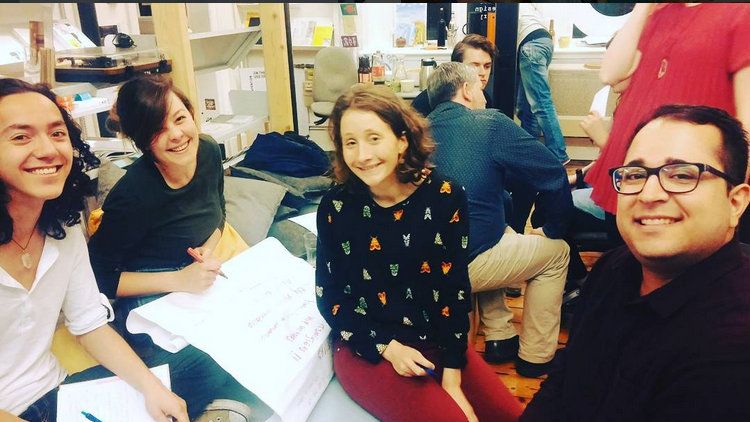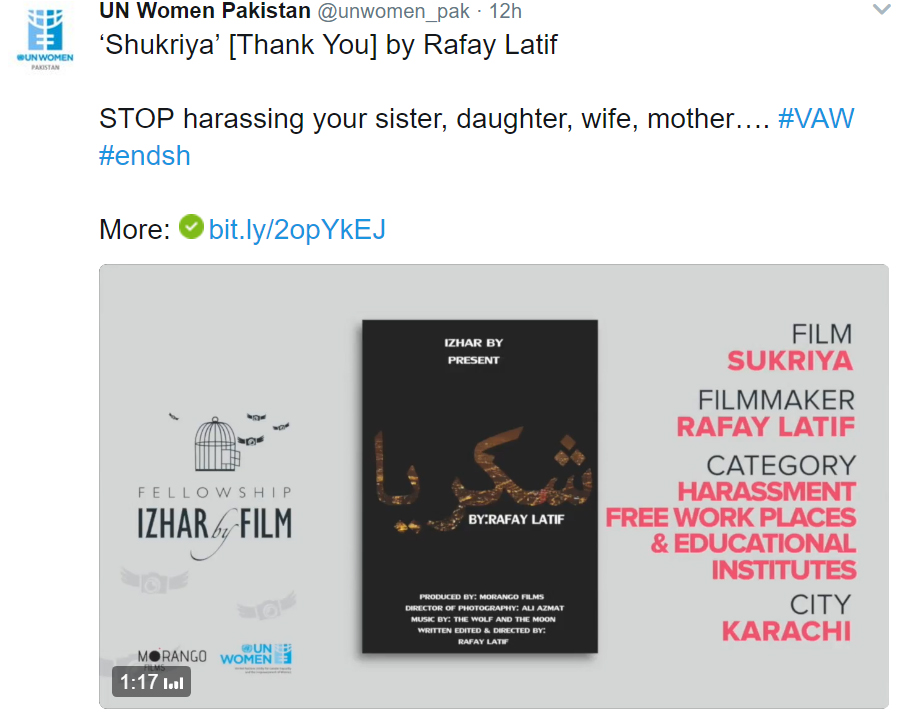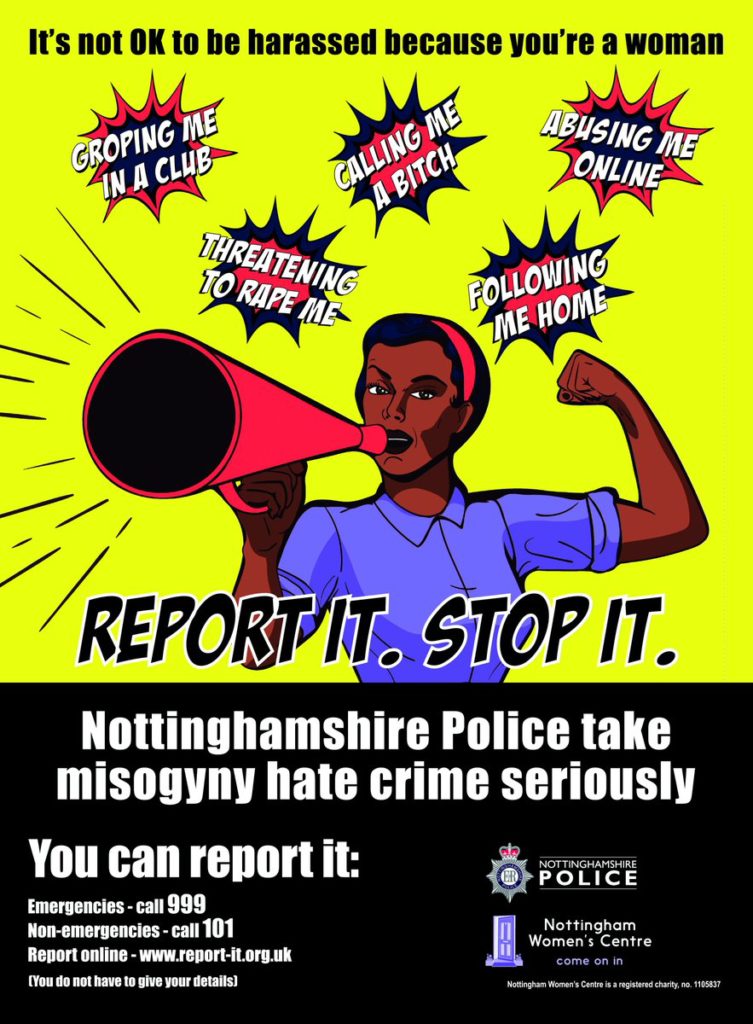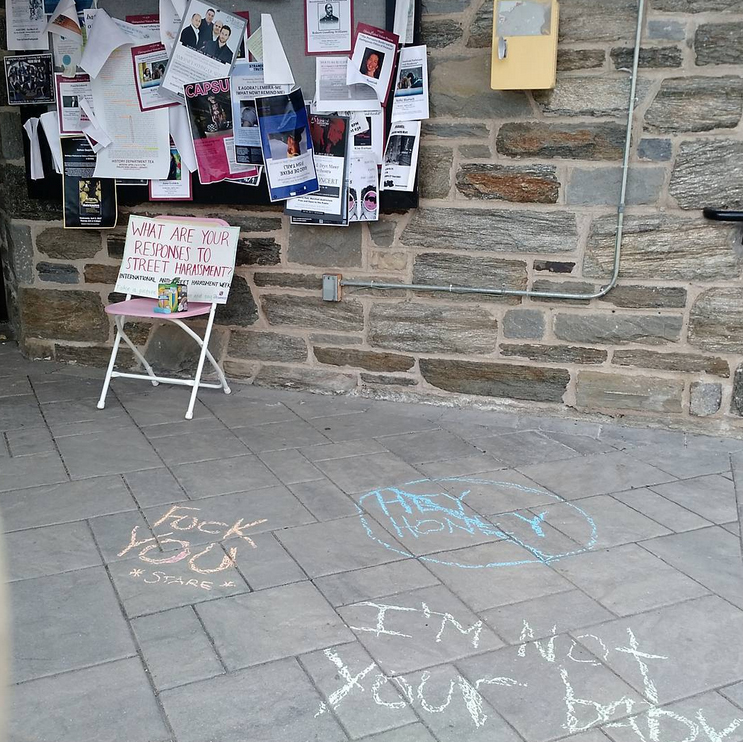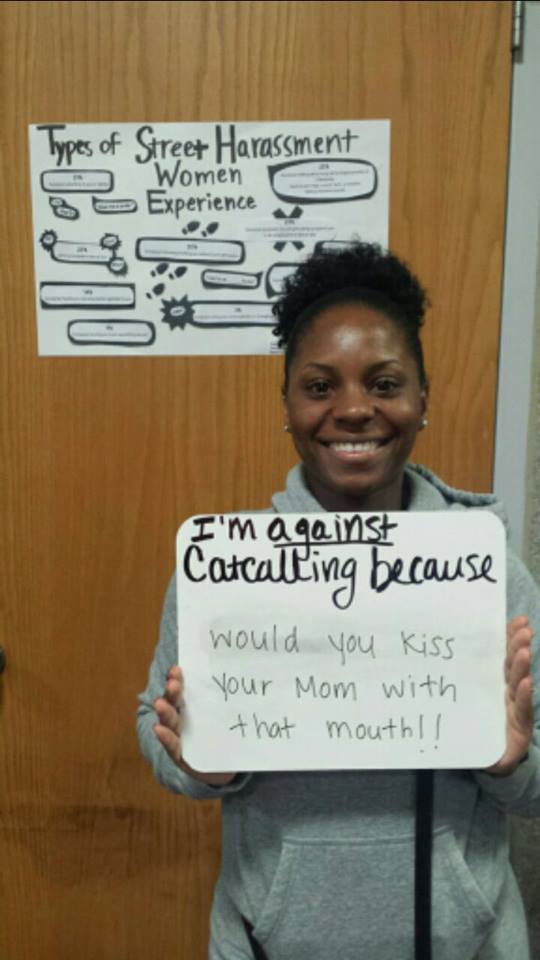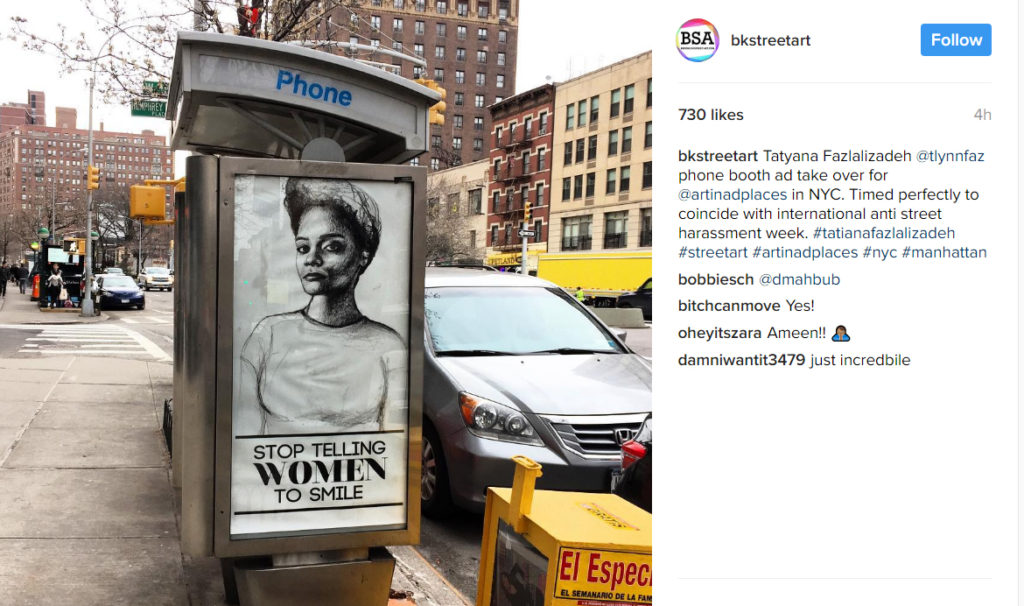Cross-posted from Zero Tolerance Bristol for International Anti-Street Harassment Week. By China Fish in Bristol, UK.
Report on Conference: ‘Safer for women’ – Tackling Misogyny and Street Harassment in Nottingham, September 2016.
Background to the conference
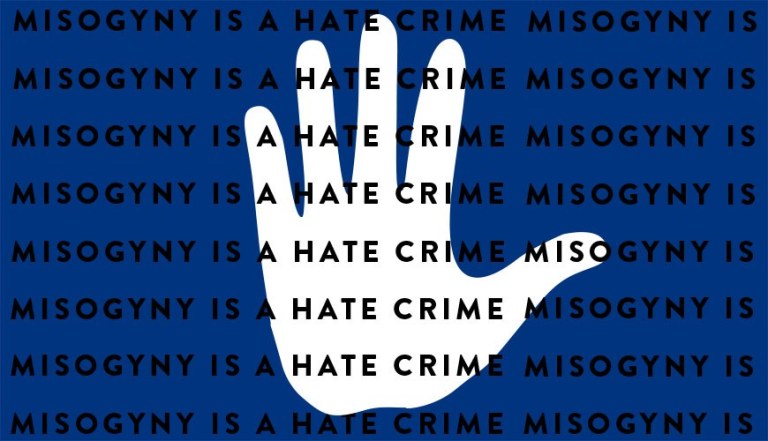 My name is China Fish and like many women, I have experienced frequent and unwanted sexual harassment as I walk our city streets. In 2010 I created a satirical performance about this very subject called ‘Lucky Saddle’, two words shouted at me by a man as I cycled in Bedminster when I was around 21 years old. It is an issue close to my heart, as, like most humans, I desire to be able to move freely and safely through the world I inhabit.
My name is China Fish and like many women, I have experienced frequent and unwanted sexual harassment as I walk our city streets. In 2010 I created a satirical performance about this very subject called ‘Lucky Saddle’, two words shouted at me by a man as I cycled in Bedminster when I was around 21 years old. It is an issue close to my heart, as, like most humans, I desire to be able to move freely and safely through the world I inhabit.
The response to the show was powerful; many women were relieved to find allies in their vocal sisters, and a lot of men were astonished to learn that this is something that happens to women. It is for many men, an invisible occurrence, as men who harass tend to refrain from such activity when other men are present. Such invisibility does little to protect women from these daily threats, as the severity of what is happening goes under the radar with almost no avenues for reporting or state protection. Currently, men who harass women are free to do so without any repercussions.
So where do we turn?
In January 2016, I met with Avon and Somerset Police and Crime Commissioner Sue Mountstevens to discuss the potential of criminalising street harassment. After this meeting, Charlotte Gage of Bristol Zero Tolerance and I met regularly to discuss potential ways of tackling street harassment from more of a legal standing. In March 2016, Charlotte heard that Nottingham Women’s Centre had created a new hate crime category with the Nottinghamshire police recognising ‘misogyny’ as a hate crime.
The definition of a hate crime is: “a crime motivated by racial, sexual, or other prejudice, typically one involving violence”.
Currently, there exist the following categories for recognised hate crimes in Bristol:
- Disability
- Race, skin colour, ethnic origin, nationality
- Religion or belief
- Sexual orientation
- Gender identity.
The definition of ‘gender identity’ as a hate crime on the Avon and Somerset Police website seems to use the terms ‘transgender’ and ‘gender’ interchangeably. Grouping these two categories causes some confusion and does not serve to clearly identify the need for a category for women to report street harassment as a gender-based hate crime. According to Nottingham Women’s Centre, transgender hate crime is recognised in law and gender-based hate isn’t. For these reasons, Nottingham decided to create a new category for ‘misogyny’ to clearly recognise and define the way that women’s experiences differ to men’s. As an, ‘other’ category already existed in the list of hate crimes which enables men to report instances of misandry, it was possible for them to create ‘misogyny’ as a new category.
Nottinghamshire Police defines misogyny hate crime as: “incidents against women that are motivated by an attitude of a man towards a woman and includes behaviour targetted towards a woman by men simply because they are a woman.” (Conference brochure)
To test the impact of this initiative, a pilot programme was launched in April 2016. The Nottinghamshire Police received thorough training – funded by the Police and Crime Commissioner (PCC) – from hollaback, a grassroots organisation that combats street harassment, in partnership with Nottingham Women’s Centre. Nottinghamshire Police hope that through recording incidents in this way they will be able to:
- “Raise awareness of the seriousness of these incidents and encourage women to report”
- Gather better intelligence to disrupt activities/perpetrators
- Better manage risk and support women affected.
Since t he pilot, women who live in Nottingham have said they feel safer walking the streets and have increased confidence in the police force. They now know they will be taken seriously and that steps are in place to prevent and protect them from such violence. Nottingham Women’s Centre have said that there have been 70 reports made under the new ‘misogyny’ category between April 2016 and January 2017. The long-term aim of Nottinghamshire Police is to “nudge people towards a culture shift and to reframe these behaviours as socially unacceptable.”
he pilot, women who live in Nottingham have said they feel safer walking the streets and have increased confidence in the police force. They now know they will be taken seriously and that steps are in place to prevent and protect them from such violence. Nottingham Women’s Centre have said that there have been 70 reports made under the new ‘misogyny’ category between April 2016 and January 2017. The long-term aim of Nottinghamshire Police is to “nudge people towards a culture shift and to reframe these behaviours as socially unacceptable.”
Highlights and outcomes of the conference
The ‘Safer for women’ – Tackling misogyny and street harassment conference was organised by Nottingham Women’s Centre and Nottinghamshire Police. The event was chaired by Chief Constable Sue Fish who has been pioneering this work alongside Melanie Jeffs from Nottingham Women’s Centre, both warm and admirable women with great humour, wit and impact. Police, academics, women’s groups and grassroots organisations attended to learn about the work, its benefits, and how it may be implemented in other areas throughout the UK.
Amongst the panel were key names in this field, including Laura Bates from The Everyday Sexism Project; Sam Smethers from the Fawcett Society; Zahra Butt, community activist; Dr Irene Zempi, Director of the Nottingham Centre for Bias, Prejudice and Hate Crime; and Mark Simmonds from Nottingham Trent University.
It was a powerful event with evidence and testimonies from a cross section of women living in Nottingham. Amongst these was an account from a Year 8 student who has encountered regular street harassment from older men, including being followed by men in cars on several occasions. To hear such experiences from women themselves was a compelling reminder of the reason this work is being done, and was instrumental in helping other constabularies throughout the UK to see the urgent need for action.
Amongst the inspirational sessions I attended was a Q&A for voluntary sector staff and activists. Here I forged more connections with Nottingham Women’s Centre and gained a deeper understanding of how we might implement this in Bristol.
Since the event, a small group of us have been meeting to navigate potential ways of implementing something similar here. We will be collating a body of evidence, both written and spoken testimonies, from the women of Bristol to present to Avon and Somerset Police. (Please find information below of how to get involved). We are in communication with our PCC, Sue Mountstevens, and will continue, with support from Nottingham, to pursue this change locally.
Three police forces in the UK have agreed to begin recording misogyny as a hate crime and a number of other forces are looking into it. We are hoping that Bristol will work with us to forge the way to achieving a safer community and have a significant impact on the lives of women and girls in Bristol. Nottinghamshire Police are also trying to roll this initiative out nationally, a steady process that perhaps one day will manifest.
Sam Smethers from the Fawcett Society said at the conference; “if we can tackle the small things, maybe it will tackle the more severe”. We must begin to recognise the links between a wolf whistle, a shouted verbal assault, a grope, a threat of rape, physical attacks, rape and murder. Smethers added, “every time a woman is wolf whistled at, it is a reminder of her position in society.”
Let us shift this now!
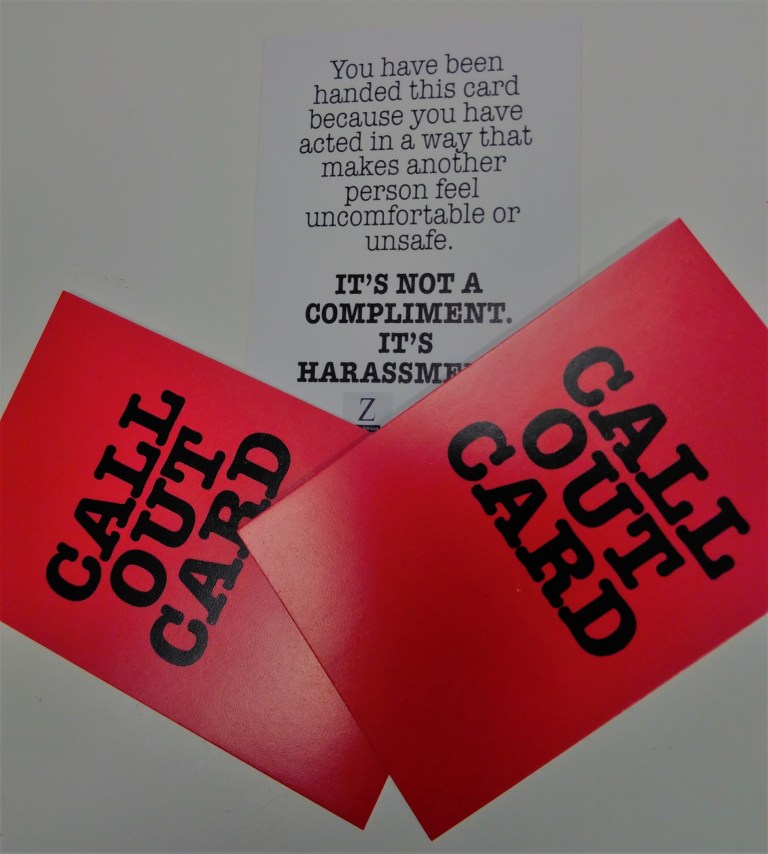 Take action in Bristol!
Take action in Bristol!
Tell us your stories:
You can support the local campaign by helping us to gather evidence of street harassment around Bristol. Tell us about your experiences or those of others to develop a picture of the problem.
See www.facebook.com/BristolStreetHarassmentProject for more information.
Map the issue:
Take part in our community safety audit of Bristol to record any incidents and create a picture of street harassment across the city. Alternatively use our online survey to add information https://goo.gl/forms/bj05R5IGdoizYbmw2
Take part in Anti-Street Harassment Week 2nd-8th April 2017:
Take part in our Call Out Card day of action on Thursday 6th April – distribute and use the cards to start a conversation and let us know what happened.
To order the cards e-mail maisy@bristolwomensvoice.org.uk

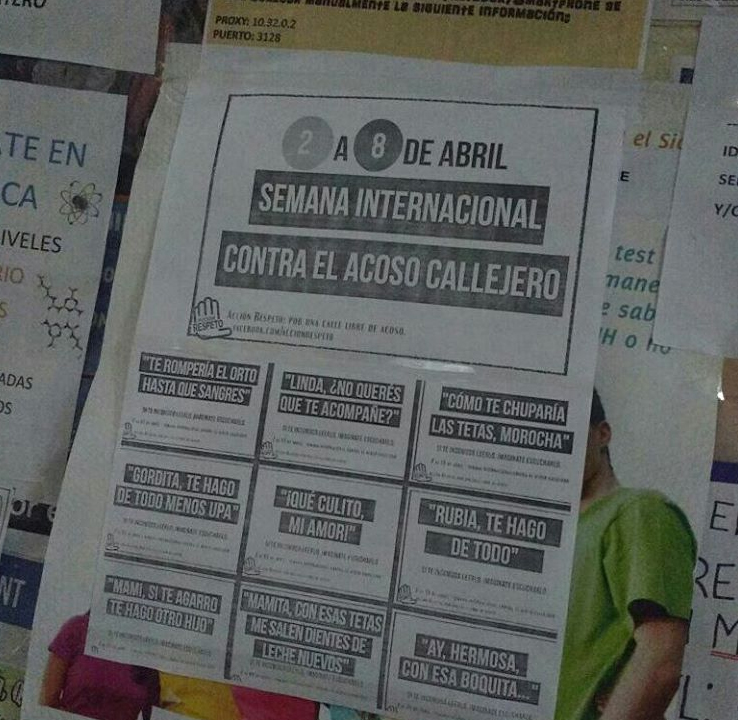
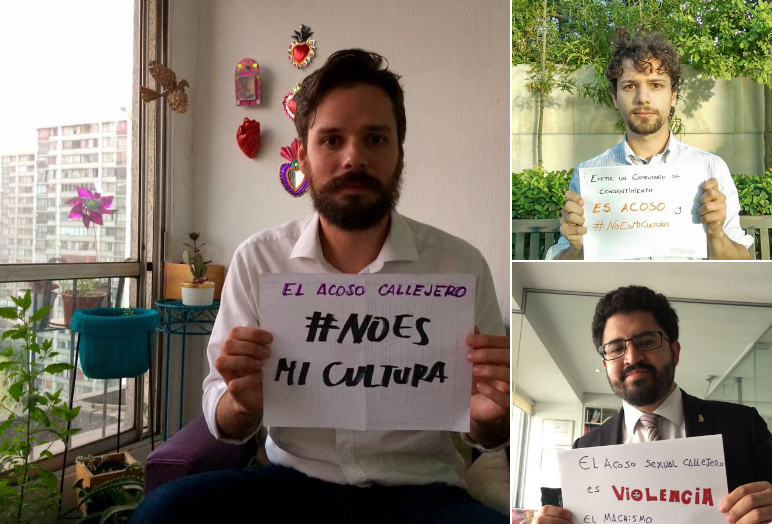
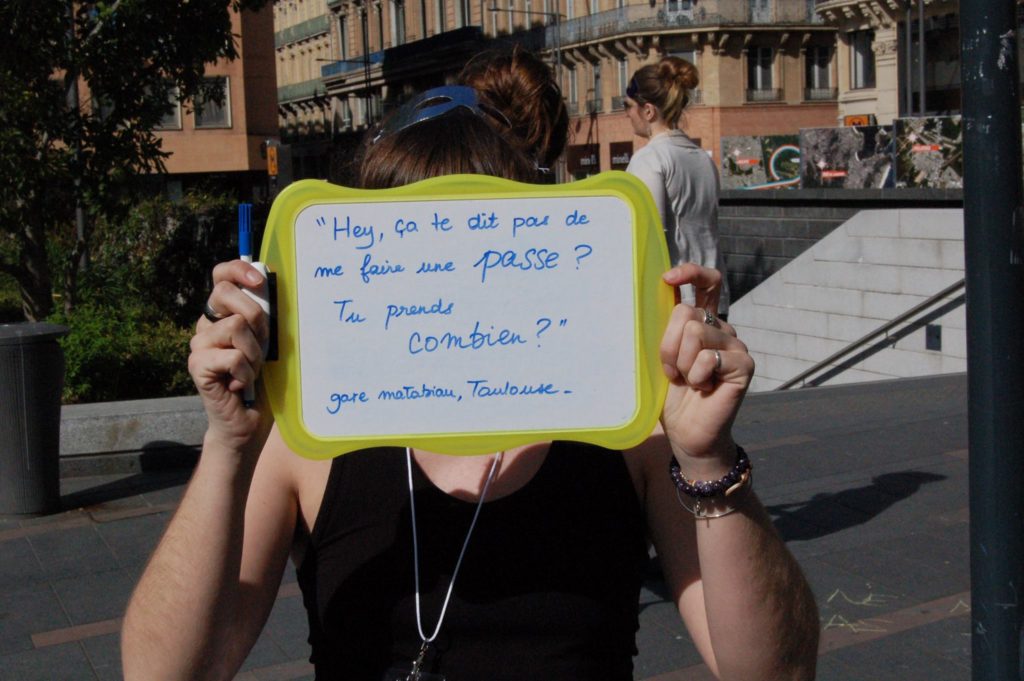
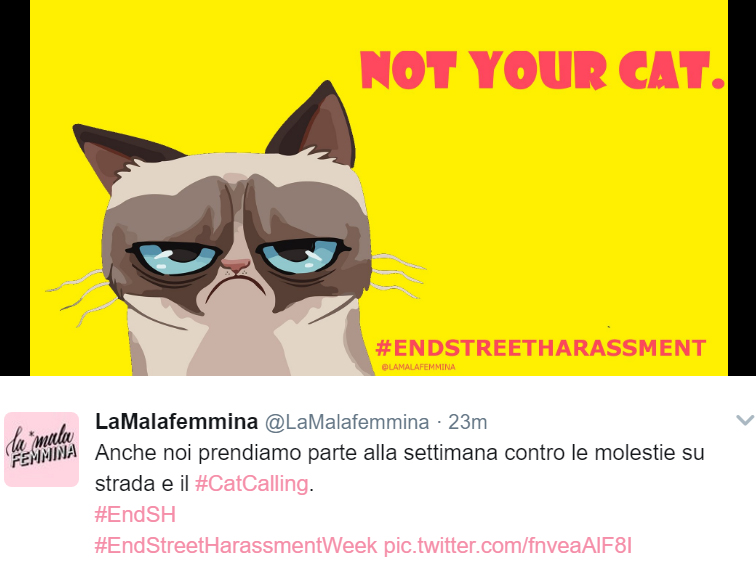
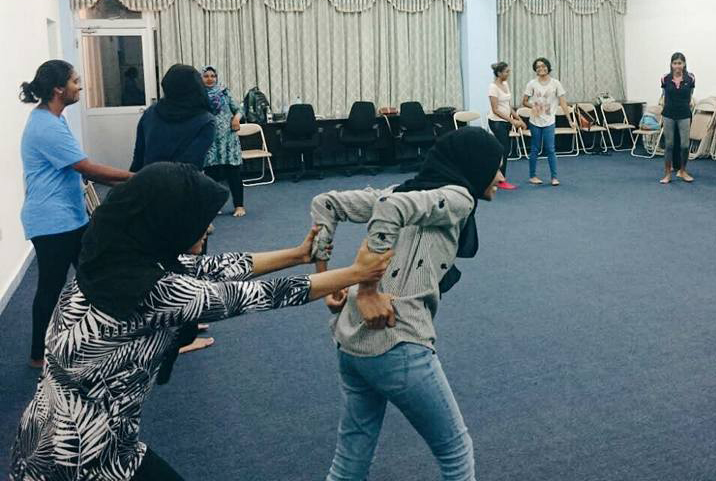
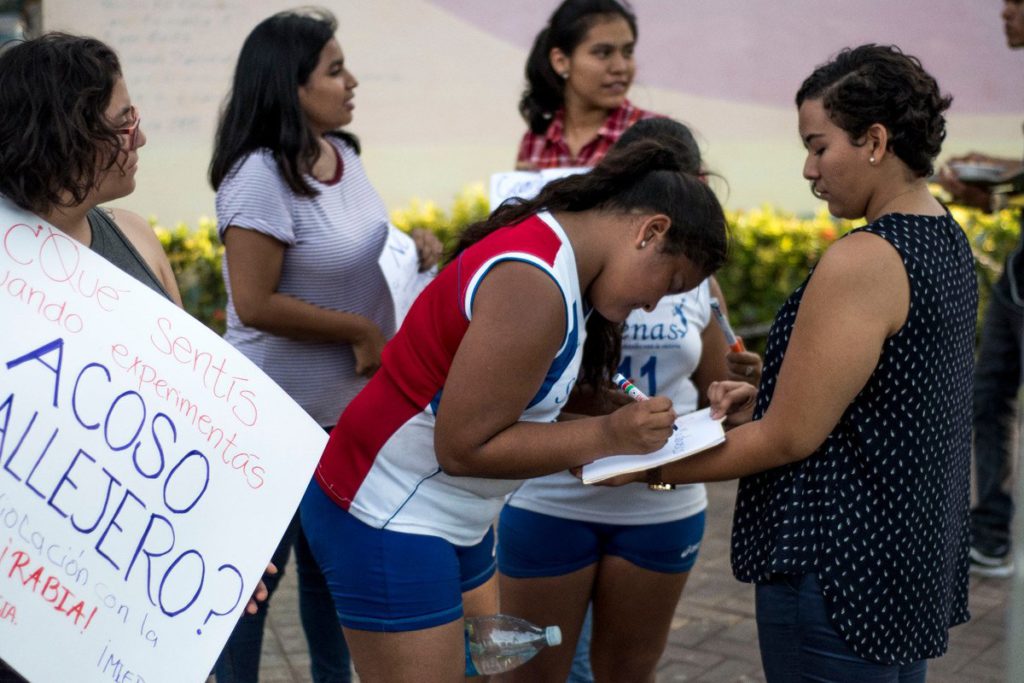
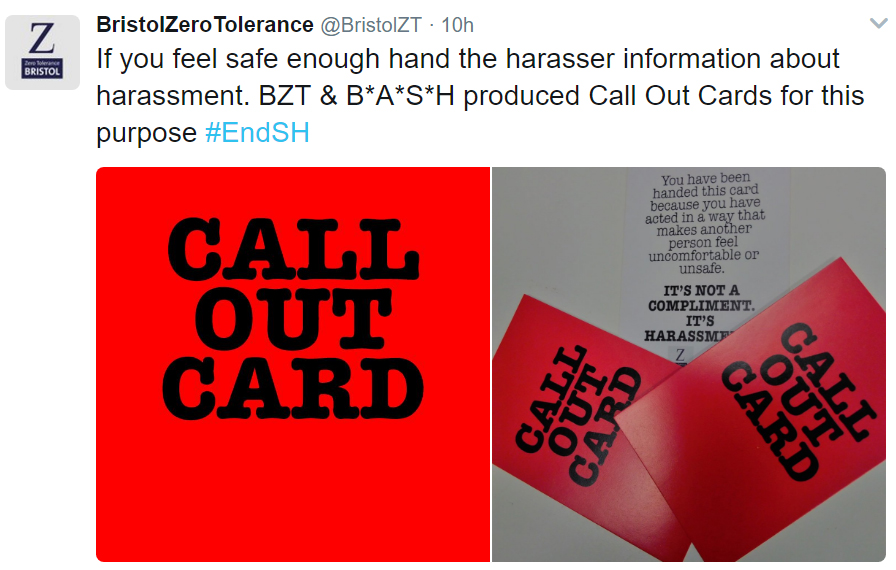
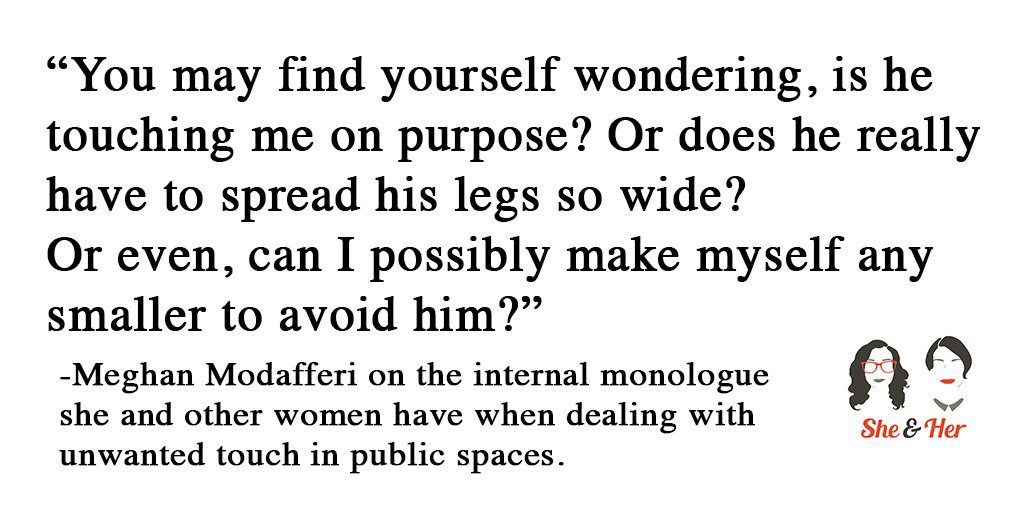
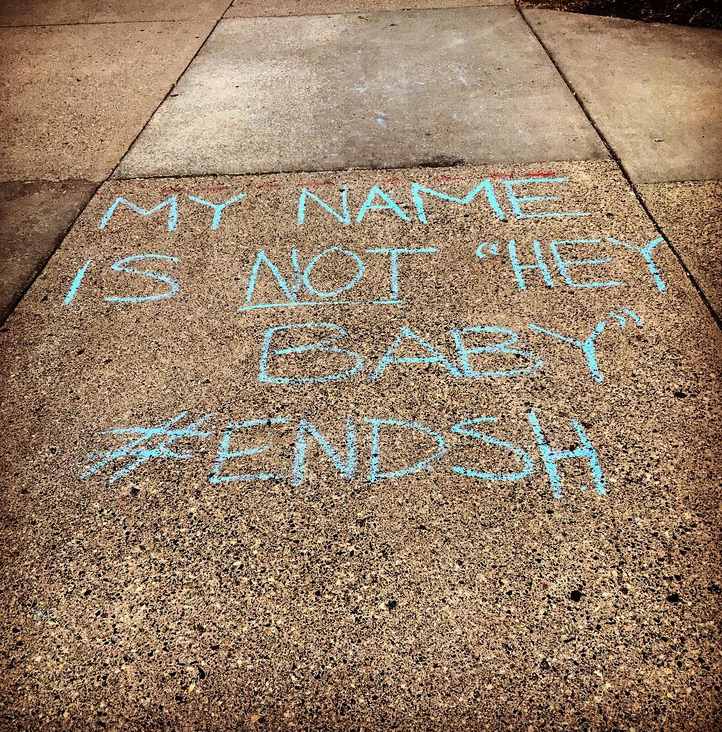
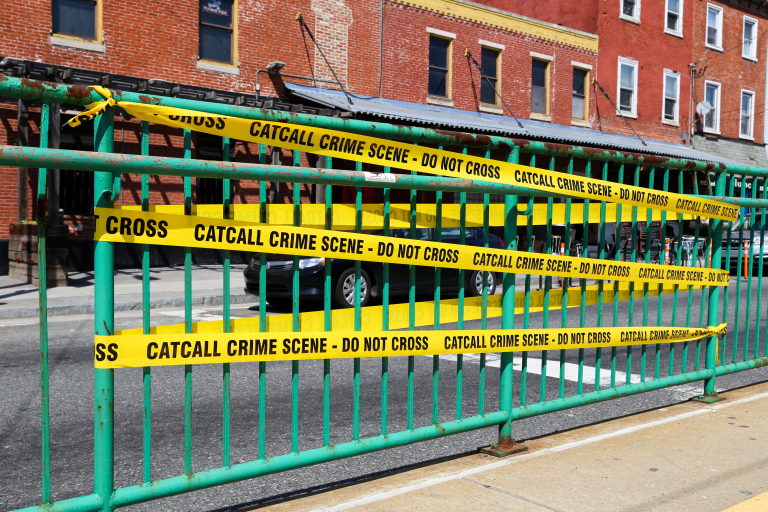
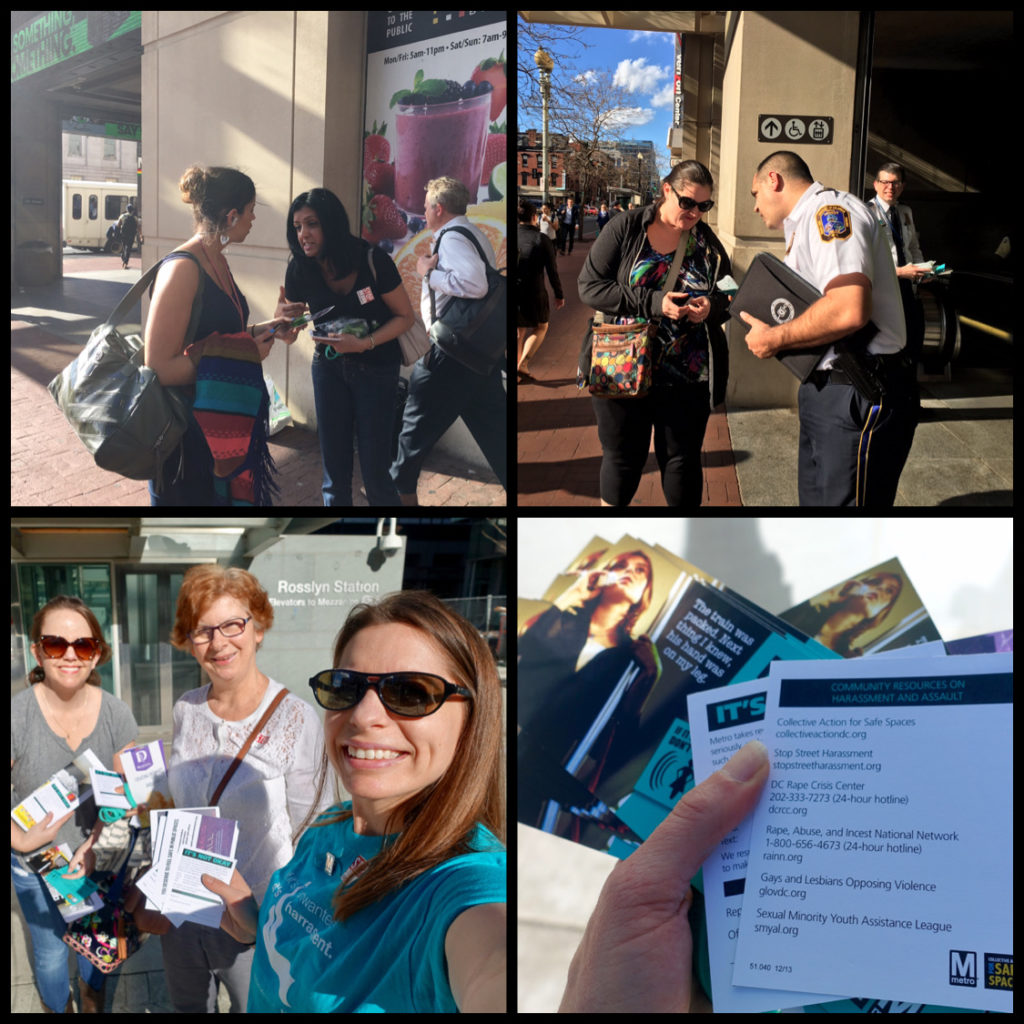
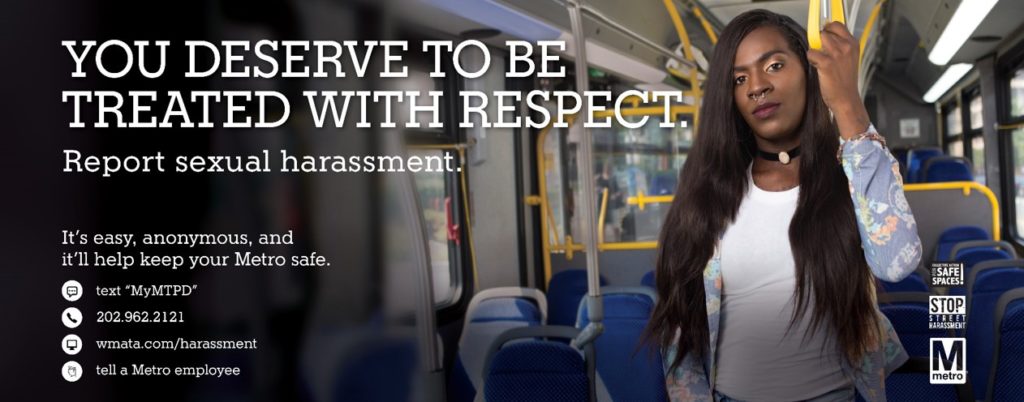
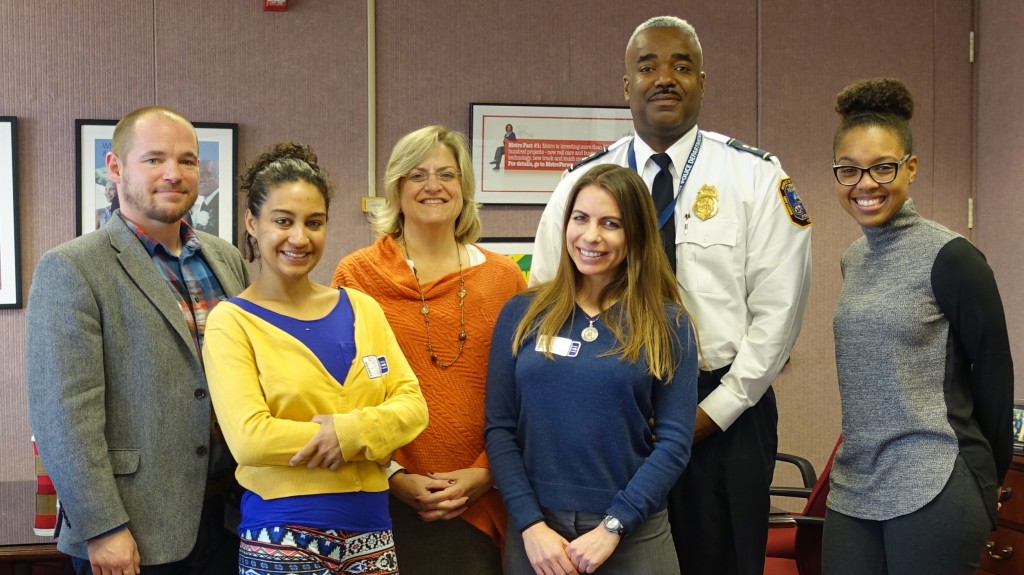
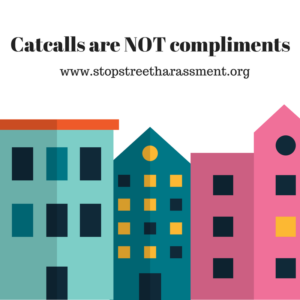
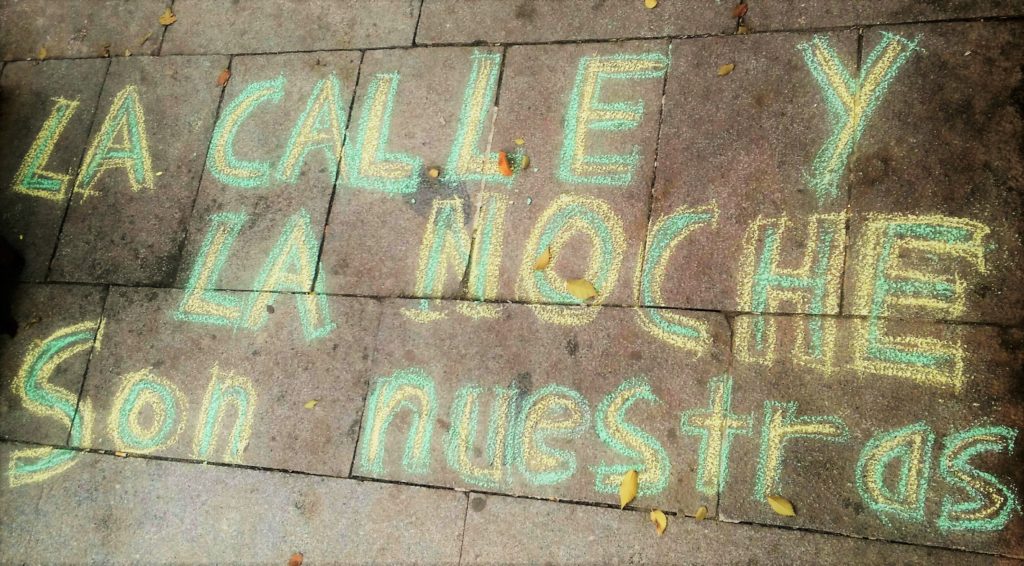 I started this webzine because I believe in the power of story sharing; in raising awareness, in connecting people, in promoting empathy, story sharing is one of the most powerful tools at humanity’s disposal for effecting change.
I started this webzine because I believe in the power of story sharing; in raising awareness, in connecting people, in promoting empathy, story sharing is one of the most powerful tools at humanity’s disposal for effecting change.